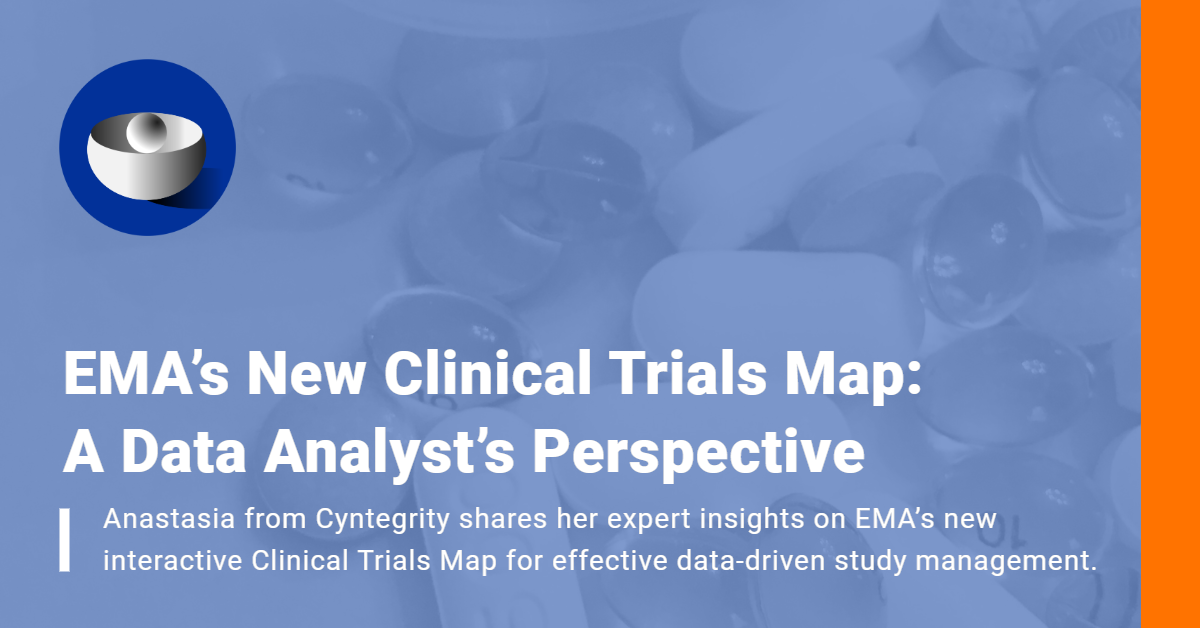The (R)Evolution of Orphans
Adaptive and intelligent Risk Based Quality Management (RBQM) is a powerful strategy for rare disease research. One of the main benefits is that RBQM allows for patient-centric trial design that is uniquely tailored to the specific rare disease.
Major Public Health Concern
Rare disease aka “Orphan” disease is defined as rare in Europe when it affects less than 1 in 2000, and in the US when affecting less than 200,000 persons in nationwide. In reality though, most rare diseases are far less prevalent than these definitions may suggest. Still rare diseases are of major public health concern as there are about 7,000 of them!
Just a few years back the FDA identified orphan drug development as the fastest growing area of drug development. Annually, approximately one third of new drugs at the CDER are for rare diseases, indicating a prosperous future for “orphans”. Today is the day to intelligently risk-manage the unique challenges of rare disease trials.
The Unique Challenges of Orphans
Studies in rare disease indications cannot be repeated – every effort must be made to ensure that studies do not fail due to study planning and conduct sloppiness, and here RBQM can help to ensure a proper outcome.
In all circumstances the burden to the patients involved must be kept as low as possible. RBQM predictions support patient management by providing them actionable intelligence. With this knowledge patients can wait for the last subject to be enrolled and the last subject completing the study. Being able to predict these process steps will give patients a realistic estimate on when the new orphan drug will become available on the market.
Detect Risks and Predict Success
Properly designed and executed RBQM will result in detectable patterns that for example indicate a patient may leave the study. Obviously, in rare disease trials every single patient counts. Being able to early detect potential risks will enable study teams to undertake preventive measures ensuring the patient stays and does not become a ‘lost to follow up’.
Finally user-friendly RBQM tools are particularly suited for driving patient engagement by making relevant dashboards available to them, i.e. dashboards showing enrollment and study progress. In general patients like to be involved and see the analyses that they contributed to.
Interested in RBQM for rare disease trials? Request a demo…







